It’s Time For Youth To Step Up & Save Lions
- At February 24, 2015
- By Rosemary Wright
- In Global Issues
 2
2
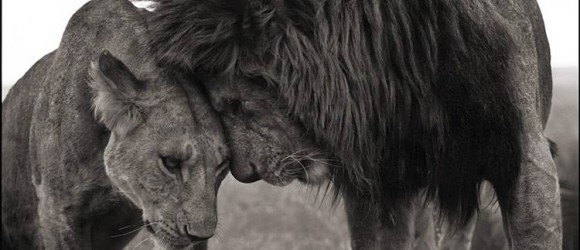
It’s Time For Youth To Step Up & Save Lions
Everyone Has A Responsibility – Lions Belong To The World
It’s Time For Youth To Step Up & Save Lions – Last week I published a piece by Orla Mannion – a young woman who lives in Ireland – and a very committed animal advocate. She is in the best possible company with Jacalyn Beales – the Canadian Representative for CACH. I am pleased to publish another post by Jacalyn with a powerful message to young people to get involved. These young women are proof positive that there is a coming to consciousness of the next generations – and not a moment too soon!
Jacalyn Beales
Guest Writer – CACH Canadian Representative
It’s Time For Youth To Step Up & Save Lions – Before I became the Canadian Representative for CACH, I was sitting behind my computer in the crowded library on my university’s campus, clicking through web page after web page about lions, cub petting and the canned lion hunting industry in South Africa. I found myself lost in the myriad of videos, photos, Facebook posts, Instagram pictures and travel-site reviews, all raving about petting cubs or having the hunting-safari experience of a life time.
I saw photos of young tourists cuddling with a cub; young women just like me taking selfies in their summer jumpers, snuggling up to a depressed-looking lion cub, a selfie which would undoubtedly end up on Instagram, instantly garnering hundreds of likes with the hashtag #lioncub. I saw these photos, these tourist videos, these web-advertisements from adventure tour companies, and I felt sick. Why?
Because it made absolutely no sense to me. Whilst I sat, huddled down on the floor in a library between bookshelves, bundled in a sweater and dreading the -15 chill outside in Ontario, there were people my age paying to snuggle with a lion cub. At the same moment I sat in that library, someone just like me was playing with an innocent little cub halfway around the globe. And I wasn’t envious.
If I hop in my car and drive for thirty minutes down country-roads, I will eventually end up at the African Lion Safari, a drive-through safari here in Ontario. Just like ordering a coffee from Starbucks, I can drive through a large park on cement roads, slowly crawling in my car through a creature’s ‘habitat.’For about $30, I can remain safely in my car as I drive not even 50 feet away from an elephant, a zebra, or a lion. And just like grabbing a coffee through a drive through, I can reach my hand out my car window and have my hand or face licked by a curious giraffe, or nuzzled by a friendly zebra. Of course, you aren’t actually supposed to stick your hand out in hopes of petting a ‘wild’animal; but these animals aren’t exactly ‘wild,’are they? They live in ‘habitats’literally surrounded by a winding, concrete road whilst ‘zoo keepers’ yell at drivers to keep their windows rolled up and their doors closed.
The fact that I have been to this safari and have been licked on the face by a giraffe, poked in the arm by a nosy monkey and nuzzled by a zebra, leaves little to the imagination as to how ‘wild’ and ‘free’ these animals actually are. And though I have never petted a lion, cuddled a cub or walked with lions, I have touched wild animals and have had the direct access to interaction with them, for a fee. In other words, I have participated in animal cruelty. Sounds horrible, doesn’t it? Well, it is horrible. But that was before I knew about the injustice and unfairness which occurs when these animals are exploited for entertainment and tourism. Now that I look back, I feel disappointed in myself for paying to have a “safari”experience. I wouldn’t let others pay to pet my cat, so why should I pay to pet and interact with other innocent creatures?
After clicking and scrolling through hundreds of websites, photos, reviews, travel sites – I finally arrived at the CACH website. I was taking a course at university which required me to work on a year-long project; I was to create or work on something which would ultimately bring about positive change or impact. I love animals, I despise animal cruelty – so what should I have done? I decided to focus on lions. After doing much research, I emailed Mandy Richardson, Kevin Richardson’s wife, and asked if I could help the sanctuary or Kevin’s efforts in any way. What I didn’t expect, was a quick response, cheerfully telling me that though the best way I could help would be to volunteer, I should check out CACH. So I took Mandy’s advice, and this is where my journey towards becoming a lion advocate, began.
I decided my project would focus on lions. All things lion. But not just any lion: the African lion. I became completely immersed in it. I read articles, watched documentaries, did research, pursued journals, spent hours on the web trying to find anything and everything I could about cub petting and canned hunting. After having read through the CACH website, these two industries both horrified and saddened me, yet I knew that my project and my efforts might be able to make a difference. After four days spent glued to my computer, I logged onto Facebook, created PACH, and here we are today.
One of the wonderful things about being a CACH Representative, is that you are part of a team. A very supportive and wonderful team. The people involved in CACH are some of the most passionate, wise and knowledgable people. Becoming a Canadian Rep for CACH was an honor. But I learnt a lot on my way to becoming that. And the hardest lesson I learnt (the toughest pill to swallow), was the ignorance of my generation.
Oddly enough, Generation Y knows little about cub petting and canned lion hunting. Sure, we know about poverty, natural disasters, war, famine, political crises – but when it comes to the plight of Africa’s lion, we know next to nothing. Perhaps some fellow millennials will disagree with me – but then they may have already done their research, or maybe they just came back from a trip to a lion park and realized the real horrors of the cub petting industry.
Regardless, millennials know very little about these industries, and that was the hardest lesson for me to learn. The first major thing I did with PACH, was contact a certain Canadian adventure-tour company (which shall remain nameless) about their South Africa trip, which involved cub petting. Several discussions (not all cooperative or nice), hours of frustration and some minor drama later, the company agreed to become an ethical and responsible tour operator with CACH, and the company no longer offers cub petting or elephants rides on any of their trips.
Why do I see this as a success? Because this company caters to my generation, and it is often my generation that naively participates in cub petting; an industry which leads to canned hunting. To me, this success meant one less millennial contributing to the sad, cruel fate left to cubs in the cub petting industry.
As a young, 20-something woman living in Toronto, I cannot claim to ever having been to Africa, nor can I say that I’ve ever held a lion cub, walked with lions, or been on a real safari. The one near my home simply does not count. Seeing lions behind glass in a zoo, doesn’t count, either. For many people like me, young people who have such a capacity to bring about change, we can easily ignore the plight of wildlife if we don’t or cannot witness it for ourselves. Just like George Berkeley’s tree, if a cub is being petted or a lion is shot in a canned hunt, but I’m not there to witness it, maybe it doesn’t happen.
That is the thought process and rationale of many a young millennial. Yet, we young people are so quick to speak out about education, war, health care, politics – why not animal rights and welfare? Why should I be expected to care about my country’s state of government, health care, poverty-stricken population; the state of the world’s politics/healthcare/population – but not the well being and rights of wildlife?
To put it simply: it is time for our youth to step up, and save wildlife. For me, it is the lions. And why not for so many other young, 20-somethings? Cub petting is one of South Africa’s most popular tourist activities; everyday, another millennial is paying to pet a cub, taking a selfie with it and hashtagging the photo #love #lioncubs #cute #presh #safari #southafrica #experience.
Everyday, another millennial is paying into the cruel fate and merciless death of a lion. Why? Because we don’t know better. And it’s time for that to change. It’s time for us millennials to do research, ask questions, seek out the truth, and take a stand. It is not a responsibility left to tomorrow’s generation: it is my generation’s responsibility. Not “problem”or “job”or “task.”Responsibility. Will you help save Africa’s lion?

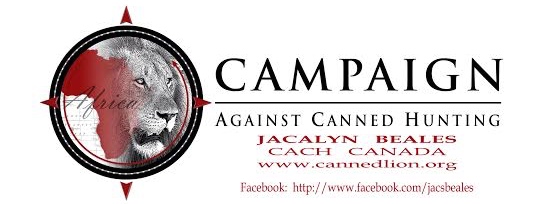
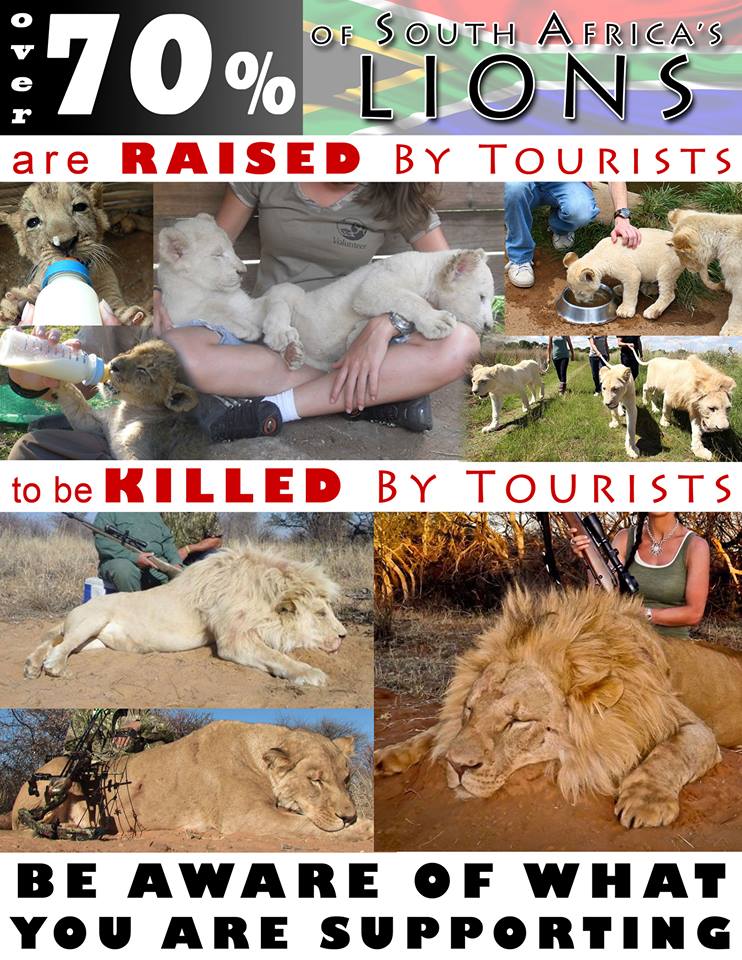
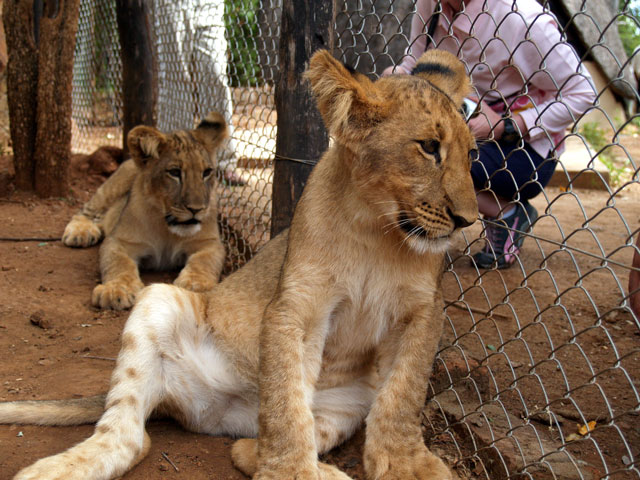
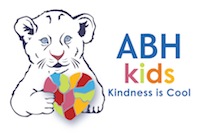
Follow – A BEATING HEART